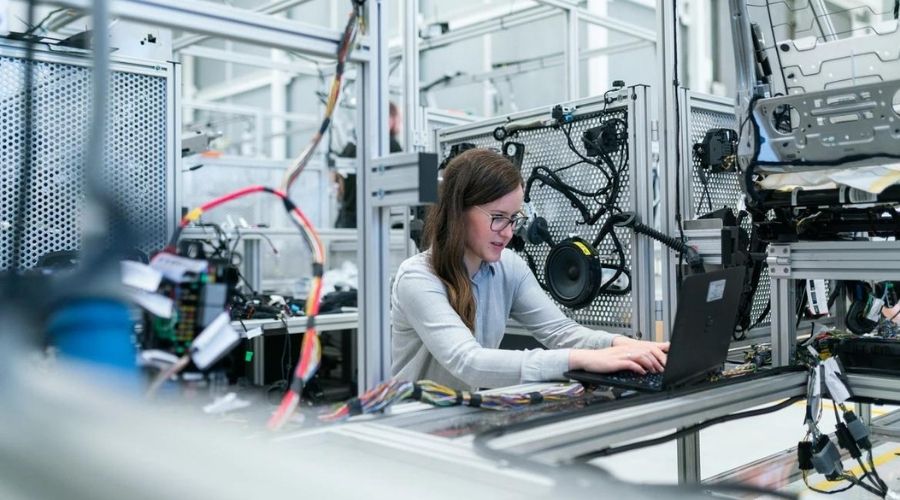Institutions’ Role To Help Deep Tech Companies Address Major Challenges Of The 21st Century
In October 2021, the IFC (Worldbank Group) and Bpifrance have published a note on the challenges and opportunities that deeptech startups face when it comes to funding. This note is the opportunity to remind the key role played by institutions in this sector, including Bpifrance.

In 2020, nearly $76.7bn was invested in the deeptech sector worldwide. In the first 8 months of 2021, this number was already over $78bn. Venture capital investments in deeptech companies and startups are growing strongly; Yet it still represents a small portion of total venture capital investment, even though deeptech requires particularly large volume investments. To illustrate this, a note published by IFC (International Finance Corporation) in partnership with Bpifrance highlights the difficulties that deeptech companies and players may face when seeking financing. The note also stresses the importance of institutions’ role, whether public or private.
Financing deeptech needs a specific approach
Channels and stages of financing for deeptech companies and startups do not go through the same way. This is one of the main highlights of the note, which insists that deeptech financing should follow a specific approach. “Disruptive technologies respond to the main societal challenges of tomorrow. Deeptech will be a key lever to ensure greater resilience in the face of global health, climate and economic challenges” says Nicolas Dufourcq, CEO of Bpifrance. This should encourage investors to consider their investments as financing a solution to a global challenge rather than a simple entrepreneurial project. While most investments and projects in deeptech come from developed countries, solutions provided by deeptech companies can still have a huge impact on emerging markets too, especially on the forementioned issues.
The document also highlights the key role played by private and public institutions in accelerating the development and scale up of these technology innovations. IFC, for example, leverages its capital and expertise to support the development and scale up of deeptech across emerging markets, to involve these countries even more and to give them the means to take an active part in this sector and its transformations. On the other hand, through the Deeptech plan, Bpifrance is one of the main actors in France to support companies in these matters.
Supporting disruptive innovations through a dedicated Deeptech Plan
Bpifrance and IFC keep taking measures to accelerate and encourage the financing of deeptech startups, in the fields of artificial intelligence, biotech, cleantech, quantum computing… “These new technologies, resulting for the most part from research, are based on long development models that are specific to them. This is why we are convinced of the need to increase and adapt the types of financing that will allow the companies that are pushing them forward to develop & grow”, explains Nicolas Dufourcq. One of Bpifrance main action on that matter is the Deeptech Plan. With a 5-year budget of €2.5 billion, this plan has been entrusted by the French government to Bpifrance in 2019. This, in order to make France a major player in disruptive innovation on a global scale, with the aim of creating 500 deeptech startups per year by 2030. The objective is to ultimately create the economic and industrial champions of tomorrow, who will initiate disruptive innovations resulting from research. As a collective response to these challenges, Bpifrance and 23 deeptech innovation players (including CNRS, INRIA, CEA, the main university clusters and their SATTs, etc.) have launched the « Les Deeptech.fr » website, which aims to provide concrete, activatable solutions for aspiring deeptech researchers and entrepreneurs to develop their startup projects.
In 2020, despite the Covid crisis, Bpifrance has accelerated and intensified its support for deeptech startups in all stages of their development. Building on the momentum the plan gathered since its launch in 2019, direct and indirect investment and financing objectives have been revised upwards by 50% starting in 2021.
Related
Trending

